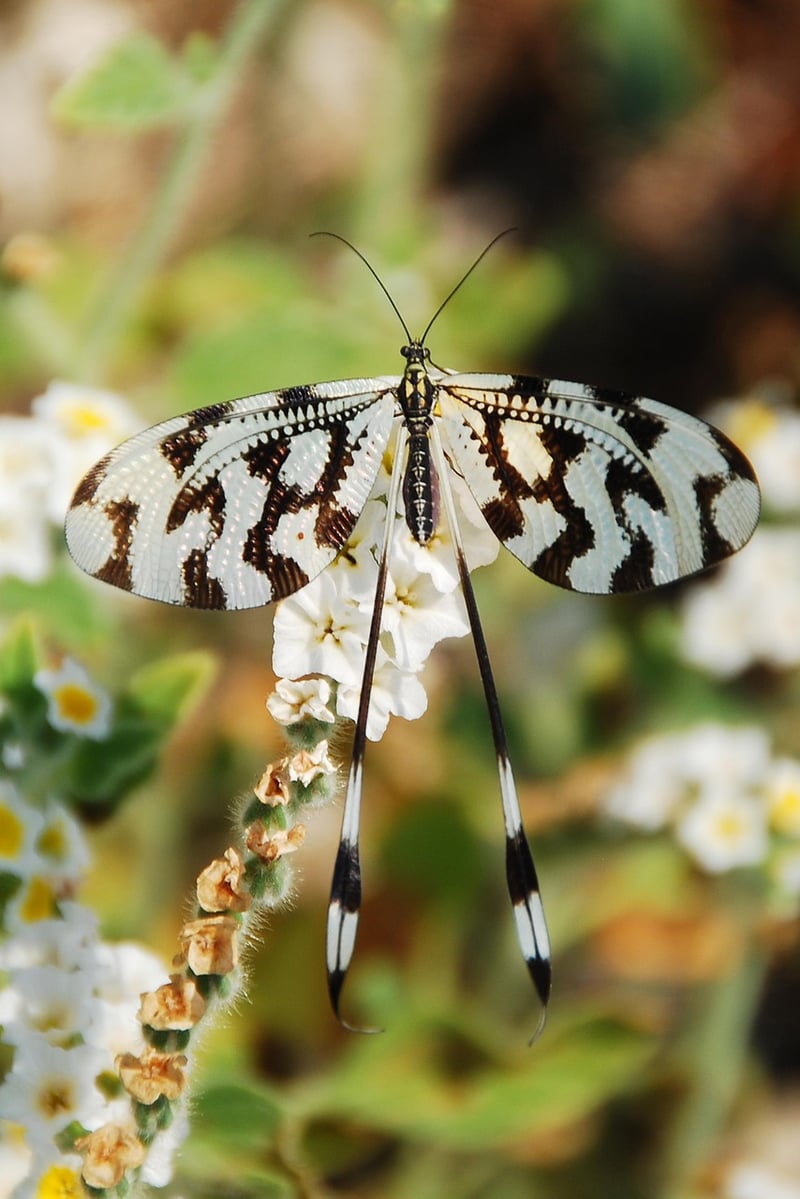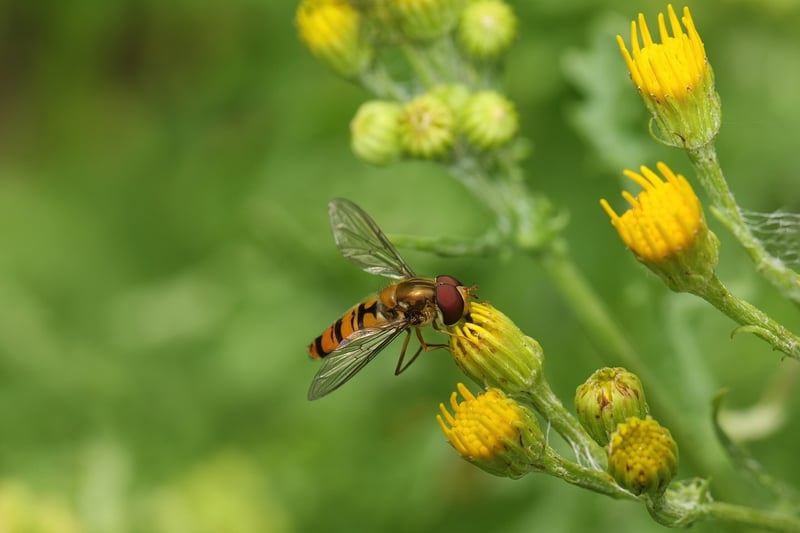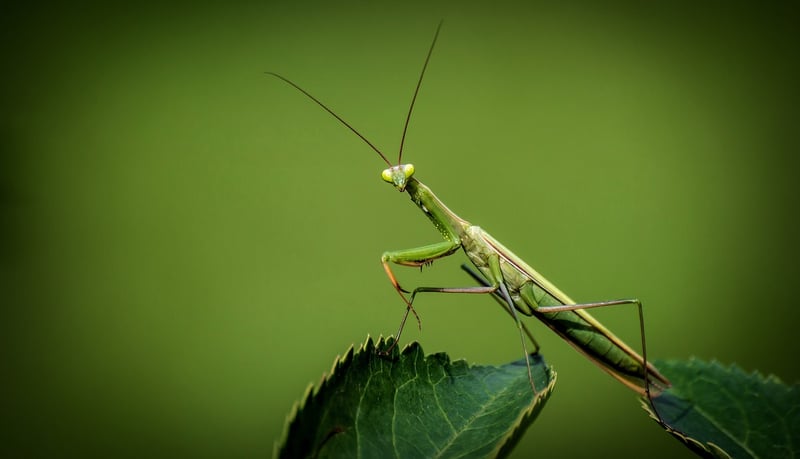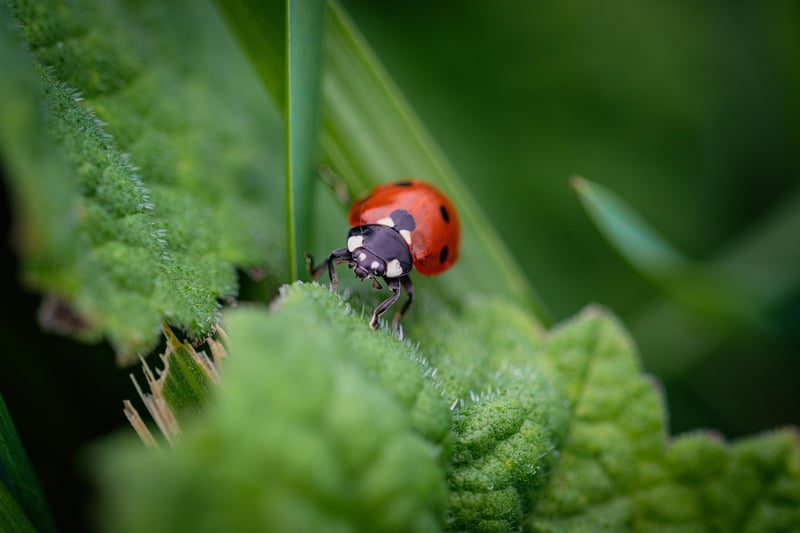Beneficial Insects
Protecting Your Plants with Beneficial Insects
Are you tired of battling pests in your garden or on your indoor plants? Instead of reaching for chemical pesticides that can harm beneficial insects and the environment, consider enlisting the help of nature's own pest controllers - beneficial insects. These tiny helpers can work wonders in keeping pest populations in check, allowing your plants to thrive naturally. Let's explore some of the most common beneficial insects and how you can attract them to your garden.
1. Ladybugs

Ladybugs, also known as ladybirds, are well-loved for their striking appearance and voracious appetite for aphids, mealybugs, and other soft-bodied pests. By releasing ladybugs into your garden, you can effectively control these troublesome pests without resorting to chemicals.
2. Lacewings

Lacewings are delicate insects with intricate, lace-like wings. Both adult lacewings and their larvae are formidable predators of aphids, caterpillars, and other garden pests. Planting flowers such as dill, fennel, and yarrow can attract lacewings to your garden.
3. Hoverflies

Hoverflies, often mistaken for bees due to their similar appearance, are valuable pollinators and predators of aphids. These beneficial insects are attracted to plants with small, nectar-rich flowers like alyssum and daisies.
4. Praying Mantises

Praying mantises are stealthy predators that feed on a variety of insects, including caterpillars, beetles, and other pests. Providing a diverse habitat with plenty of vegetation and hiding spots can encourage praying mantises to take up residence in your garden.
5. Ground Beetles

Ground beetles are nocturnal predators that prey on slugs, snails, caterpillars, and other pests that emerge at night. Creating mulch piles or incorporating perennial plants can attract ground beetles to your garden and help keep pest populations in check.
By welcoming these beneficial insects into your garden, you can establish a natural balance that reduces the need for harmful chemicals and promotes a healthy ecosystem. Additionally, providing a diverse range of plants, including native species, can attract and support a greater diversity of beneficial insects. So, the next time you spot a ladybug or lacewing in your garden, remember that they are nature's allies in protecting your plants.
Protect your plants the natural way with the help of beneficial insects!
